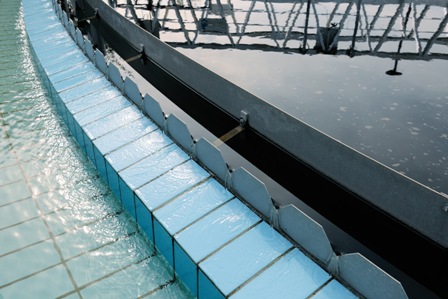The aim of this programme is to train experts at both national and international levels to respond to the growing complexity of techniques. The treatment of rainwater and wastewater is becoming increasingly sophisticated and requires real expertise in the associated professions.
The responsibilities of network managers require increased skills to ensure environmental protection and quality management for the users of these services. Wastewater and storm water management is an important component of the global water cycle, which is one of the foundations of sustainable urban development. Changes in the approach to storm water management fit perfectly with this vision of sustainability that is necessary for the city.
Innovative training:
The aim of this master's degree is to give students the autonomy of knowledge and know-how they need to lead teams of specialists in wastewater and storm water management. They will follow a complete training programme covering the phases of collection, storage, transport, treatment and reintegration into the natural environment.
The graduates will not be experts in each stage, but managers of the departments concerned.
These approaches will focus on the rules and standards in force in France, but will also offer an insight into the methodologies applied in the rest of the world.
They will have to take into account multiple challenges:
- Preserving the biodiversity of aquatic environments (the importance of the quality of wastewater collection and treatment in protecting biodiversity)
- Reinjecting energy into the city (as major energy consumers, wastewater systems can also be sources of energy)
- Mitigating the risk of water shortages (the reuse of wastewater is a technological solution for resolving certain local tensions over water resources)
- Renewing pipes and structures, integrating worksites into the city (need for urban engineering skills: sewage plants located within city limits require more elaborate architecture, implementation of odour control technologies, etc.).
![[Translate to Anglais:] [Translate to Anglais:]](/fileadmin/user_upload/Formations/Masteres_specialises/entete_web_forma_pro.jpg)


